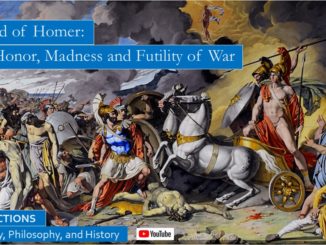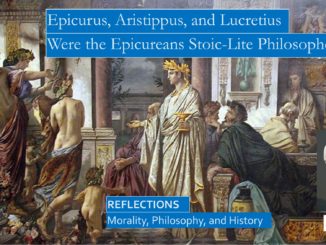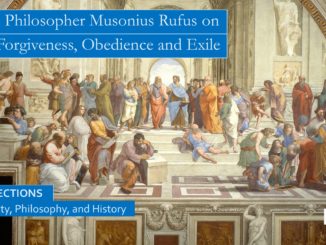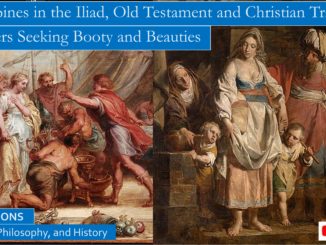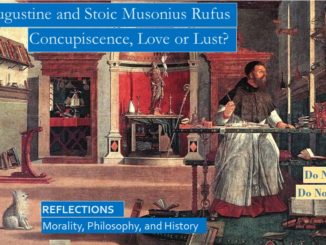
St Augustine on Concupiscence, Blog 3, Final Reflections
The church teaches that what gives marriage purpose is the bearing of children, so we do not live our lives for ourselves. Salvation is the purpose of marriage, the salvation of our children, the salvation of our spouse, and the working out of our salvation. How does the command to love our neighbor as ourselves work its way out in marriage? We should consider first the good of our children in the living of our lives, then we should work for the good of our spouse, and we should take care of ourselves, but we are last. But last of all in a marriage should be concupiscence, but we should not neglect loving kindness and tenderness, that should pervade all the relationships with our children and with our husband or wife. […]

